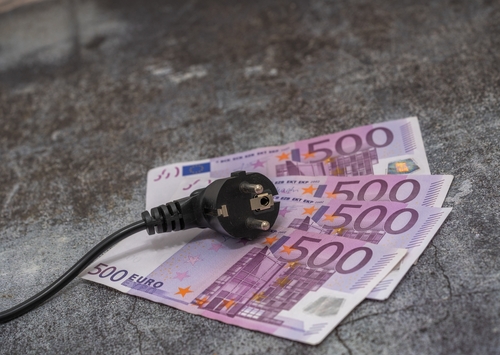
Italy is currently the country with the highest electricity costs in Europe.
Constant and progressive increases have in fact raised the cost to exorbitant figures, 10 times higher than just two years ago.
But what are the causes of the rising cost of electricity, and is it really a phenomenon caused by the Russian-Ukrainian conflict?
To a large extent certainly yes, but the real reasons come from more distant times and from a series of strategic and political choices long before the Russian invasion of Ukraine. In fact, if we look back in 2021, Italy was already paying a higher cost for electricity than all other countries, certainly closer to the prices of its European partners, but still higher.
The main cause is due to the electricity production system, Italy is in fact highly dependent on natural gas for electricity production, with a percentage that covers about 49% of Italy’s energy needs.
The decision many years ago to completely abandon the nuclear route, and the recent decision to stop extracting gas on national soil, have strongly influenced the rising costs. Add to this the fact that most of Italy’s alternative sources are hydroelectric and the shortage of rainfall has certainly not helped.
Unfortunately, therefore, our electricity cannot do without gas at the moment, and the price of natural gas is currently at the highest level in history according to Ttf trading on the Amsterdam stock exchange.
A mix of economic and geopolitical reasons has certainly generated the increase, with the conflict between Ukraine and Russia being the main cause of what many analysts see as a largely speculative phase anyway.
But why is Italy paying the highest price in Europe?
As mentioned, the country is almost 49% dependent on gas for electricity production, unlike other nations that have had the ability to diversify production more.
In particular, Spain, which depends on gas for a meagre 26% thanks to a policy that has led it to produce almost 50% of its energy from hydroelectric, wind and solar power, and France, with a judicious policy of nuclear power and alternative sources that make gas produce only 6% of electricity.
Certainly, new Italian political direction bodes well for the future in this regard, the centre-right and the next prime minister Giorgia Meloni have never hidden their intentions of a return to last-generation nuclear power, but unfortunately the emergency phase cannot wait.
For this reason, Giorgia Meloni is calling for the decoupling of gas and electricity prices and for a price cap of gas as immediate measures. If she succeeds in this and regasification plants are added, the emergency level will probably be reduced for Italy as well.
But the line towards the future of energy will only really begin to be drawn if Europe succeeds in finding an agreement and a synthesis, a synthesis that must necessarily take into account the present.



 Subscribe
Subscribe